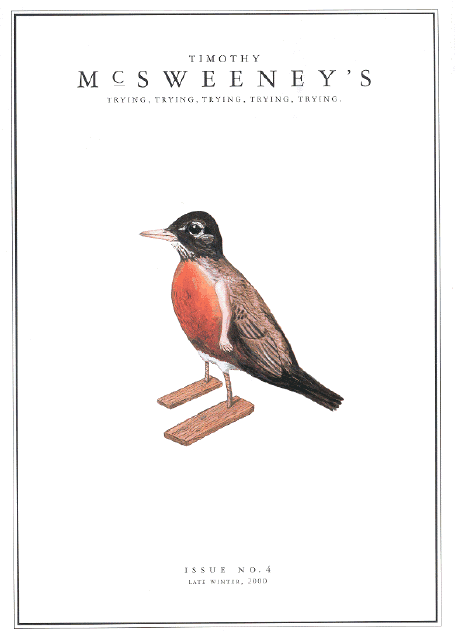
Yes, he looks kind of two dimensional and like he's not paying attention to me enough, and yes, that is my child there, my child with my husband, who lives here with me in the 21st century, but... Hawthorne and I have a special bond. I'm the only one in my American Lit class in high school who actually *liked* Young Goodman Brown, actually read My Kinsman Major Molineaux, who didn't buy the "good vs. evil" explanation that was being spooned out by Miss Cardimone to the rest of the class.
By the way if you're reading this and I knew you in high school, assume you weren't in that class. I'm looking at you, Ann. Any disparaging remarks do not apply.
I loved Hawthorne, and Melville, and Poe, and the way Melville loved Hawthorne, and the way Poe hated everyone, and how they wrote to and about each other, and how they all spat on Emerson, and his ilk, and pooped in Walden Pond, and dug around in their dark hearts and and wrote about what they found.
Last week I was in Boston. My husband suggested we go up to Salem to see Nathaniel Hawthorne's birthplace and the House of the Seven Gables. I was, of course, panting with excitement. Wouldn't you be? Except that I'm serious.

This is the House of the Seven Gables. It is the house on which Hawthorne based the house in his book. The house that represents original sin. This is it. He visited it as a child; it was owned by relatives of his. It's been restored, in fact restored to be more like the one in the book than the original house actually was (Hepzibah's store was there, and there is also a secret and terrifying passageway up through the chimney).
On the day we went to Salem, it was foggy and chill, although the rest of our week in Massachusetts was sunny and breezy. We walked all over the place and then down to the harbor where the Custom House is, where Hawthorne did some writing:

Here's the USS Friendship, across the street. And my son:

The house was neat, interesting, educational. So was the house in which Hawthorne was born, which is also on the property, having been drug there from five blocks down the street in order to add it to the museum. It was a historical site, well-preserved, well presented, valuable.
Now, I hesitate before exposing my soft underbelly like this, but I must say that beyond the interestingness and the educationability of it all, I got a little misty thinking about the history of the house. Considering Hawthorne sitting there in the parlor, about the book he wrote, about the period of time he wrote about, I found myself swallowing hard and wiping my eye.
They had only recently rid themselves of the British, and they were living in a brand new country. It would have been so vital, so fascinating, so *patriotic* and so important, to create this new national identity in literature. I know, I know, I had read about this before too, and I knew it in my brain. About how James Fenimore Cooper and Washington Irving drew dark lines around a colonial asthetic. But until I was standing there in Massachusetts, having walked through the South Meeting Hall in Boston, where they had the rabble-rabble meeting before the Boston Tea Party, having looked at Paul Revere's Grave, having stood on Bunker Hill, I did not get what they were doing, those people up at Brooks Farm and in Concord and what it meant while my boys were pissing on transcendentalism -- it was more than just ideas, it was identity. I get that now.
I have two reactions to that: one is that I need to think more about what I'm writing and why. What are we doing here? Do we still take up a black marker and make bold outlines around American literature any more? Are we all just happy to be citizens of the world? The other is that I wish more urgently that I could have been there when Melville walked out of that Emerson lecture, when Poe wrote that criticism of Hawthorne, when Hawthorne was sexually rejecting Melville.

At least I got to go to the house. I knocked on the front door, climbed around under the rafters, put my hand on the original bricks in the fireplace. I wouldn't have thought someone mean and cynical like me could be moved by such an experience, but I was. Next time, we're going to Concord.






 Which brings us to blogs. Remember
Which brings us to blogs. Remember  It’s time to stop the presses. I know
It’s time to stop the presses. I know